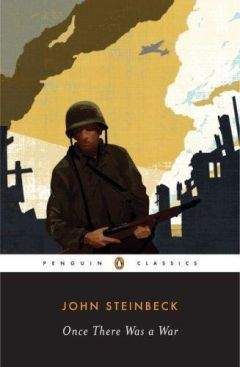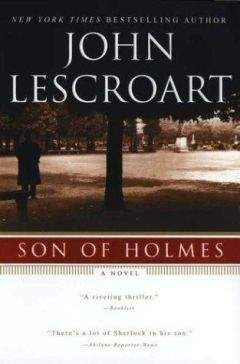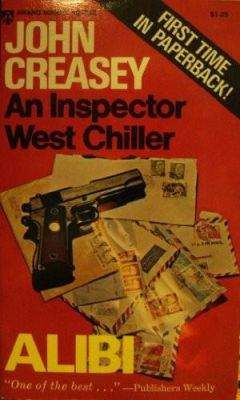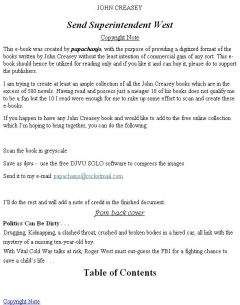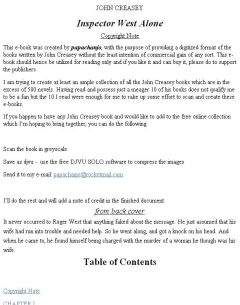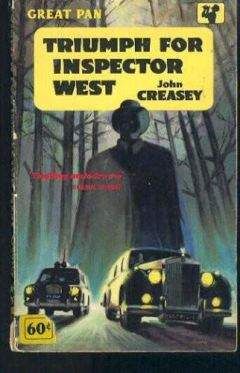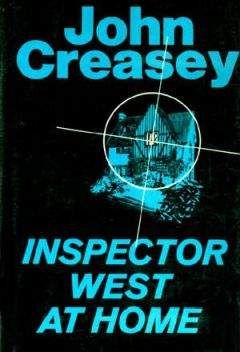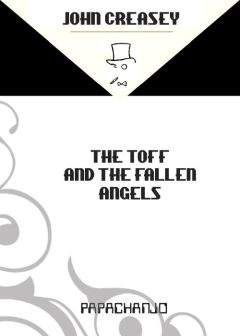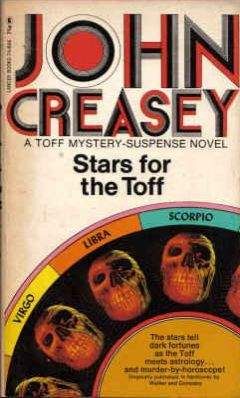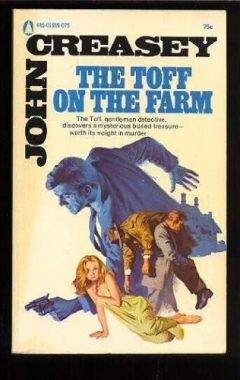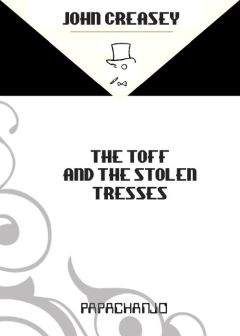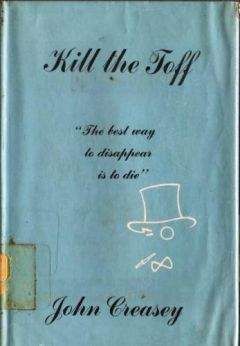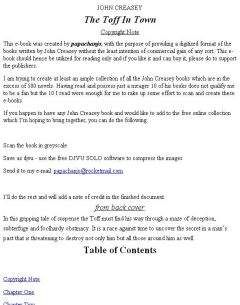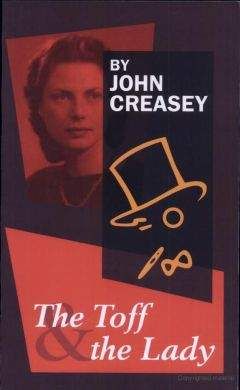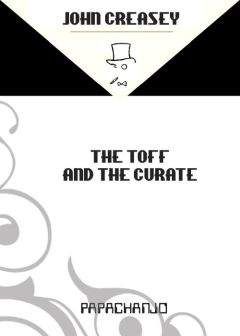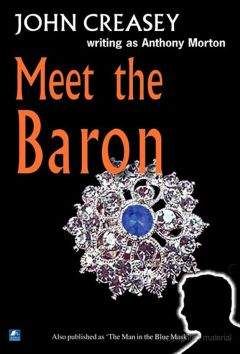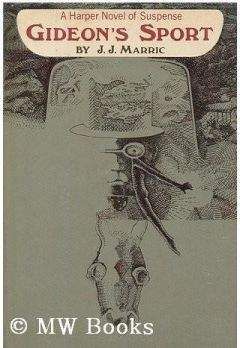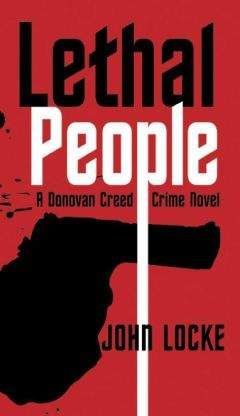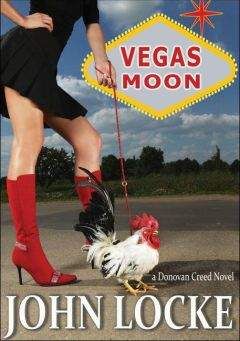John Creasey - The Toff and The Sleepy Cowboy
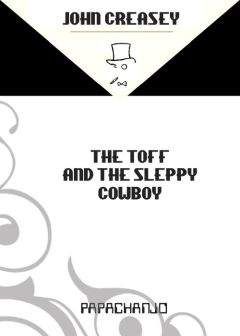
Скачивание начинается... Если скачивание не началось автоматически, пожалуйста нажмите на эту ссылку.
Жалоба
Напишите нам, и мы в срочном порядке примем меры.
Описание книги "The Toff and The Sleepy Cowboy"
Описание и краткое содержание "The Toff and The Sleepy Cowboy" читать бесплатно онлайн.
“There he is, there he is!”
Rollison began to walk down the stairs. It was useless attempting to stop the girl, who was undoubtedly trying desperately to give the masked man time to get away. The middle-aged man looked as scared as the woman in the doorway.
“Now, don’t upset yourself, my dear, don’t upset yourself.”
“We — we ought to send for the police,” called the middle-aged woman, staring at Rollison defiantly. “That’s what I’m going to do.”
“I certainly should,” urged Rollison, forcing a smile.
“I—”
His voice was drowned by the roar of an explosion above their heads. The floor shook, a picture crashed down, the roar went on and pieces of the ceiling fell in, a door banged, then another. There was a split second of uncanny silence followed by a roaring sound.
“Oh, my God!” cried the woman in the doorway.
“He did it, he did it,” gasped Effie, still pointing at Rollison. “He’s blown the place up!”
Someone had obviously blown the flat up, and the roaring sound was unmistakable; that of fire. Rollison turned and ran upstairs, for the evidence he so badly needed was there, but he saw a red glow at the foot of the door and knew that the Kings’ rooms were an inferno. If he opened the door the fire would get out of control so he went back, calling to the man :
“Telephone the police and the fire service. Hurry!” He ran through the hall and out of the house, for unless a delayed action bomb had been used the man was still nearby. Rollison raced to the corner, but as he reached it, he saw a motor-cyclist swing out of the rear entrance and roar away, towards the Embankment.
Flames were showing at a window of Rubicon House, people were already in the street, a police siren sounded not far off. Rollison could make himself scarce, or stay and talk; he ‘decided that the sensible course was to stay and talk. That way, he would be less likely to anger the police.
* * *
He told part of his story to a divisional detective-sergeant, who telephoned the Division, who telephoned Grice at the Yard, who asked Rollison to go and see him.
“Gladly,” Rollison said, the ringing of fire engine bells almost drowning his words. “If one of your chaps can give me a lift. My car —”
“I’ve heard what happened to your car,” said Grice, grimly.
His office was high in the new building at Broadway and Victoria Street, not far from its old site. Rollison had not quite got used to the acres of glass and the similarity of each floor plan. Grice, a tall, spare and angular man with a sallow complexion, was good-looking in a rather severe way. The bridge of his nose was sharp so that the skin at it showed white. On one side of his face was a large, discoloured scar, the aftermath of an explosion which had nearly killed him. At the time he had been opening a box addressed to the Toff. They never referred to that, these days, but it had forged a bond between them which was often strained to breaking point, but never actually snapped.
“Well,” Grice said as they shook hands, “it looks as if they mean to get you, Rolly.”
“Even I’m beginning to think that,” Rollison confessed.
“Did this bomb thrower think you were in the flat?”
“No,” Rollison answered. “I think I was an incidental — he wanted to destroy the evidence.”
“Oh,” said Grice heavily. “What evidence did you find?”
“Notes and tapes which show that a certain actor, Alec George King, has been learning the part of Thomas G. Loman, with a view to impersonating him,” answered Rollison. “It was there, Bill.”
“How do you know?”
“Must I incriminate myself ?” demanded Rollison, and Grice smiled faintly:
“Did you actually see it?” he demanded.
“Yes,” answered Rollison. “And if I really had to I’d say so in court. The certain thing is that we need to talk to the actor named King and to his wife Effie. Is the fact that their flat was set on fire enough to justify a search for them?”
“We don’t need to search for the woman,” Grice told him. “I’ve just had a telephone call from Chelsea. Appar-ently labour pains started just after you left and she was rushed to Chelsea Hospital to have her baby. There was a rumour that it might be a miscarriage, another that the child was born dead. And in either case a lot of people are going to say that it was your visit to her home which really brought things on.”
11
Whitemail
AFTER A LONG PAUSE, Rollison said: “That’s what they’re going to say, are they Bill?”
“You know perfectly well that they are.”
“Some of them may but you know as well as I do that most of them won’t,” Rollison said with forced lightness.
“Was the house destroyed?”
“The upper part was gutted, and the downstairs flats are uninhabitable.”
“Are your chaps searching the wreckage?”
“The place is still burning.”
“One tape from a bundle in the front room would be enough to prove my point,” Rollison said.
“There isn’t likely to be even the remains of a tape,” Grice told him. “They say the upper part went up in no time, and the roof has fallen in.”
“Is there a call out for King?”
“To come and see his wife at the hospital, yes. Rolly, we’ve nothing on King, and you know it.”
“Bill,” said Rollison, “these people are killers. I think King’s life is in grave danger because he could tell us —all right, you — what’s been going on. If I were you I wouldn’t simply try to find him to soothe his wife down, I’d try to find him because his life is in acute danger. There’s nothing in the world to stop you from putting out a general call.”
Slowly, Grice, conceded: “He could be in danger, I suppose. I’ll have a general call put out for him.” He lifted one of three receivers on his desk, and gave instructions, put down the telephone and went on to Rollison almost in the same breath. “The description of the motor-cyclist who attacked you and this motor-cyclist is identical. Green helmet, black goggles, on the big side, and splay-footed.”
“Any trace of him?” asked Rollison hopefully.
“I’ll tell you the moment there is,” Grice promised. “Thanks. What more do you want from me now?”
“A statement covering why you went to Rubicon
House and what you did and anything you can say to help us find the motor-cyclist.”
“That will be a pleasure,” Rollison replied with relish.
Half an hour later, he was taken downstairs to the garage beneath the new building, and the first thing he saw in a bay near the ramp was his Bristol. A police mechanic moved over towards him and a sergeant whom Grice had sent down with him.
“Did you get that bomb off?” asked Rollison.
“No, sir, I did not!” the mechanic replied. “We sent for a bomb disposal squad, and they came pronto and prised it off. They said it would have blown up half the car, and you with it. It’s all okay now, though, sir.”
“Yes,” said Rollison. “Thanks very much.”
All right, he kept repeating to himself. All right. One moment he could have laughed at the ludicrousness of the fact that so much had happened. He must have been recognised by Effie, who had sent for the motor-cyclist: what other explanation could there be. At least, he wasn’t being held. He got into the car and saw that it was a quarter past five.
Pamela Brown was due at half past six, and —Good Lord! He’d forgotten Jack Fisher!
What would he find when he reached his flat?
Outside were policemen and near them roughly-dressed men, Ebbutt’s men, who had come to keep an eye on him at Jolly’s request.
He found Tommy Loman talking earnestly to Jack Fisher, in the big room, glasses in hand, whisky and a syphon of soda on a low table between them. He crept in the side way on recognising Tommy’s voice. He gave a soft whistle at the kitchen door, to alert Jolly, who turned at once.
“Are you all right, sir?”
“Yes. Why shouldn’t I be?”
“The radio mentioned you in connection with a fire in Chelsea, sir.”
“Did they mention Tommy Loman?”
“No, sir — no names were mentioned except that of a Mrs. King —”
“Jolly,” interrupted Rollison, “even our Grice tried to whitemail me about Effie King. In fact I still owe him a comment on what I think of her.” He leaned against the sink. “How long has Fisher been here?”
“About twenty minutes, sir. I thought it best to give them a drink and let them find their own level. It has been rather amusing — they are vying with each other in their knowledge of you!”
“What?” breathed Rollison.
“It is true, sir. Fisher has obviously followed your activities for many years with close interest, and whilst here Mr. Loman has learned a great deal from the press cuttings books and case histories. Will Mr. Fisher stay to dinner?”
“No,” answered Rollison. “I’d like him to go before Miss Brown arrives. Has anyone called?”
“No, sir. Mr. Ebbutt has sent six men who have stationed themselves in the street and at the back of the building. Two policemen are back and front, too. I don’t think there is too much danger,” Jolly added, soothingly.
“I shouldn’t be too sure,” said Rollison.
“Seriously, sir?”
“A man who escaped on a motor-cycle lobbed another bomb, this time a fire-bomb, at the house I was in at Chelsea,” said Rollison. “Then he seems to have escaped through a window and leapt on his motor-cycle as Loman would leap on his trusty steed. I’ll give you all details later. Er — Jolly.”
“Sir?”
“Miss Pamela Brown carries a pistol.”
“Indeed, sir.”
“Yes, indeed. If you think there is any need, take the gun out of her bag, take the bullets out, and put the gun back.”
“I will certainly do my best, sir. Have you any reason to believe that Mr. Fisher is armed?”
“I don’t yet know what to make of Mr. Fisher,” Rollison replied thoughtfully. “I shall soon find out.” He went to the study-cum-living room, to hear Fisher say with both heat and emphasis :
“I still say that his most remarkable case was the one about the voodoo doll. Did you read that?”
“Why, sure thing, I read all about it,” answered Loman. “It was fascinating, Jack. But the story I prefer is the one when he was helping those fallen women —”
“Angels.”
“Huh?”
“Fallen angels.”
“Sure, that’s what he called them,” conceded Loman, “but —”
“Good evening, gentlemen,” Rollison strode forward into the room at a pace suggesting that he couldn’t get in fast enough and had heard nothing of what had been said. “Mr. Fisher, I can’t say how sorry I am that I’m late.”
“It’s perfectly all right, Mr. Rollison. Don’t worry at all.”
“Jolly’s got you a drink, I see?. . . How about another?” He refilled Fisher’s glass while the man stared at him as if not quite sure that he was real. Soon, he was drinking their health, they were asking questions about the past and the future, but neither mentioned the present until Fisher asked:
“Did they find that motor-cyclist?”
“They haven’t yet,” answered Rollison.
“But he’s the key to the whole thing!” cried Fisher. “Once they know why he tried to kill you the rest is bound to fall into place. Isn’t it, Mr. Rollison?” He spun round to Rollison for confirmation. “They mustn’t let him get away!”
“They’ll catch him, sooner or later,” Rollison said reassuringly.
“They should have caught him already,” Fisher de-clared angrily. “I —” He broke off, and forced a smile. “Well, I don’t want to spoil a wonderful evening like this by losing my temper, do I?”
“Lost tempers can do a world of good,” Rollison soothed. “I came nearer to losing mine this evening than I have for a long, long time.”
“You!” exclaimed Fisher.
“How?” inquired Loman.
“You can’t start a story like that and not tell us what happened,” protested Fisher.
“No, I suppose I can’t,” Rollison said. “Well, it was something like this.” He moved to his desk and touched a switch which meant that in the kitchen Jolly would hear what he was saying. “I came upon the motor-cyclist again, or he came upon me,” he went on. “He was in the home — the flat — of an actor who plays character parts, and whose wife is going to have a baby.”
He paused.
Both men stared, and he was sure that Jolly was sud-denly spellbound, pausing in the middle of whatever culinary art he was engaged upon. Very carefully, he went on:
“The motor-cyclist first wrecked the place, with a hand-grenade I suspect, and finished it off with a fire-bomb. All of us were lucky to escape with our lives.”
“All of you?” asked Loman, faintly.
“Did the motor-cyclist get away again?” demanded Fisher.
“He did.”
“No wonder you were mad!”
“I wasn’t exactly angry about that, I was too glad to be alive,” Rollison retorted. “But I began to lose my temper when someone suggested that I’d thrown the bomb —”
“Who on earth accused you of that?” cried Fisher. “The little mother-to-be,” stated Rollison.
“The little bitch!” Fisher’s voice rose. “As if you —”
His championship of Rollison was almost too much to stand, Rollison thought; and wondered whether Fisher got all his thrills vicariously.
“Would you say that?” asked Loman, quietly. He had been eyeing Rollison very thoughtfully all the time. “In that condition women can say some wild things.” When neither of the others commented he added lamely : “I guess.”
“Women are always saying wild things,” grumbled Fisher.
“Richard,” asked Loman. “What made you angry?”
“They began to blame me when the woman had to be hurried off to hospital,” Rollison stated carefully.
Fisher groaned: “Oh, no.” He backed a pace to a chair and sat on the arm, gaping at Rollison, while Loman simply took another sip of his drink and remarked:
“They had to blame someone. Did the woman see the man or the motor-cycle?”
“Not as far as I know.”
“Well, perhaps they didn’t believe in him,” said Loman, with a slow smile. “Perhaps they were ready to believe that the man who won all these trophies was capable of anything.” There was a hint of laughter in his eyes. “Now if they started to suggest the baby was yours —”
“How on earth could they?” demanded Fisher, angrily.
The problem, thought Rollison, was going to be to get the over-earnest Fisher away before Pamela Brown arrived, and while he was dwelling on that the telephone bell rang. He sat at his desk and pulled the telephone towards him while Loman went to the far end of the Trophy Wall, and Fisher glanced at his watch.
“This is Richard Rollison,” Rollison announced.
“This is Stevens of the Daily Globe,” a man replied. “Good evening, Mr. Rollison. Were you at the scene of a fire in Fell Street, Chelsea, this afternoon ?”
Подписывайтесь на наши страницы в социальных сетях.
Будьте в курсе последних книжных новинок, комментируйте, обсуждайте. Мы ждём Вас!
Похожие книги на "The Toff and The Sleepy Cowboy"
Книги похожие на "The Toff and The Sleepy Cowboy" читать онлайн или скачать бесплатно полные версии.
Мы рекомендуем Вам зарегистрироваться либо войти на сайт под своим именем.
Отзывы о "John Creasey - The Toff and The Sleepy Cowboy"
Отзывы читателей о книге "The Toff and The Sleepy Cowboy", комментарии и мнения людей о произведении.





